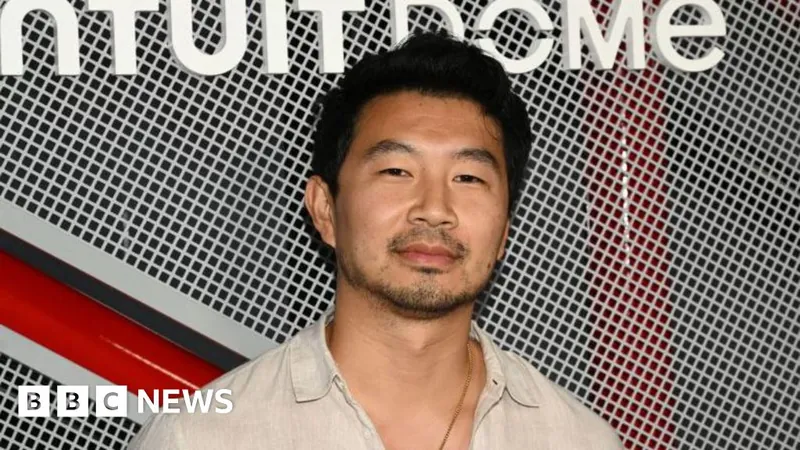
Boba Tea Company Issues Apology After Controversy on Canada’s Dragon's Den
2024-10-15
Author: Noah
Boba Tea Company Issues Apology After Controversy on Canada’s Dragon's Den
A Canadian boba tea company is making headlines for the wrong reasons after facing backlash from Marvel actor Simu Liu over allegations of cultural appropriation during its pitch on CBC's reality series, Dragon's Den.
The episode showcased Bobba, a bubble tea brand hailing from Quebec, as the founders presented their product to a panel of potential investors, including Liu. They touted their version of bubble tea as a “convenient and healthier” alternative, created with only three simple ingredients. However, Liu quickly challenged their claims, raising concerns about the impact of their approach on the traditional Taiwanese beverage, known globally as bubble tea or boba.
“I’m concerned about this idea of disrupting or disturbing bubble tea,” Liu stated emphatically. He expressed his discomfort with the notion of taking a drink that holds deep cultural significance and suggesting it can be “made better.” His arguments sparked a significant discussion about cultural representation and authenticity, especially regarding food and beverage products that originate from distinct cultures.
When Liu asked if the Bobba team employed anyone who understood the cultural importance of boba tea, Sebastien Fiset, one of the co-founders, claimed that their partnership with a supplier in Taiwan ensured that authentic recipes were honored. Despite this assurance, the episode generated a wave of negative reactions on social media, leading many to critique the company's approach.
In light of the uproar, the Bobba founders took to social media to issue an apology for their words and actions during the pitch. They acknowledged Liu's concerns as “very valid points” and welcomed the chance to learn from the experience. They committed to reassessing their branding and marketing strategies to better respect and represent the cultural roots of bubble tea.
Before the backlash escalated, Liu had attempted to clarify his stance on social media, emphasizing that he believed the entrepreneurs had come onto the show with good intentions. He opted not to proceed with the investment of $1 million that Bobba was seeking for an 18% stake in the company, citing the cultural concerns he had raised.
The debate continued to evolve, with fellow judge Manjit Minhas initially expressing her support for the brand. She had expressed her belief that innovation can coexist with tradition. However, after reflecting on the strong public sentiment and receiving numerous comments, she reversed her decision, announcing she would no longer invest in Bobba. Minhas also revealed that she had to disable comments on her social media accounts due to the hateful messages directed at her following the show's airing.
This incident sheds light on broader conversations about cultural appropriation and representation in the food industry, as people call for greater awareness and sensitivity toward the origins and meanings of the products we consume. As the discussion unfolds, it’s clear that businesses must navigate these complex cultural landscapes carefully to honor the traditions they draw from while innovating for contemporary markets.


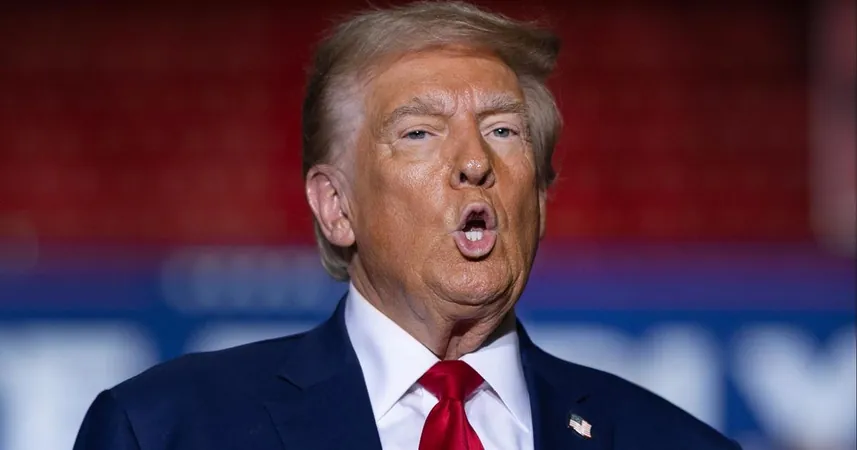
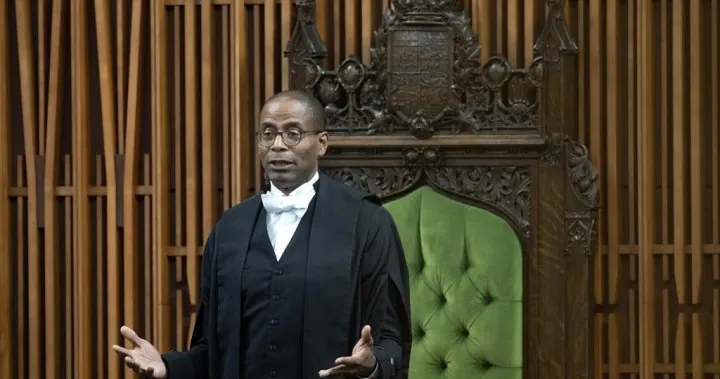
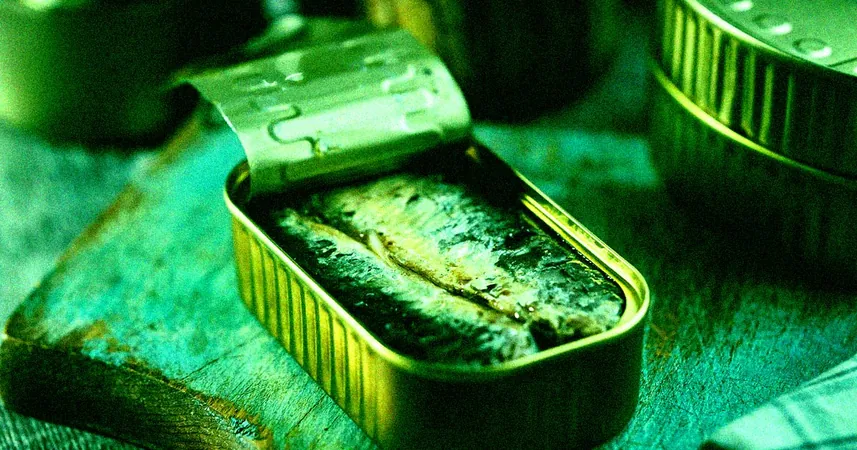



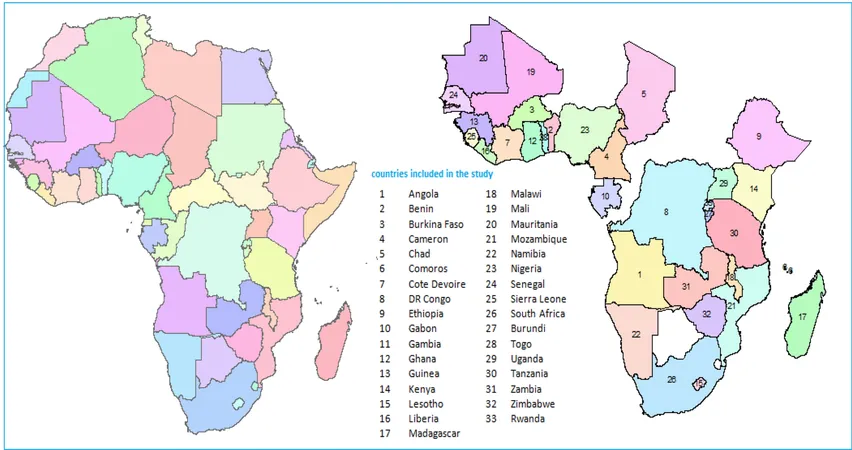
 Brasil (PT)
Brasil (PT)
 Canada (EN)
Canada (EN)
 Chile (ES)
Chile (ES)
 España (ES)
España (ES)
 France (FR)
France (FR)
 Hong Kong (EN)
Hong Kong (EN)
 Italia (IT)
Italia (IT)
 日本 (JA)
日本 (JA)
 Magyarország (HU)
Magyarország (HU)
 Norge (NO)
Norge (NO)
 Polska (PL)
Polska (PL)
 Schweiz (DE)
Schweiz (DE)
 Singapore (EN)
Singapore (EN)
 Sverige (SV)
Sverige (SV)
 Suomi (FI)
Suomi (FI)
 Türkiye (TR)
Türkiye (TR)